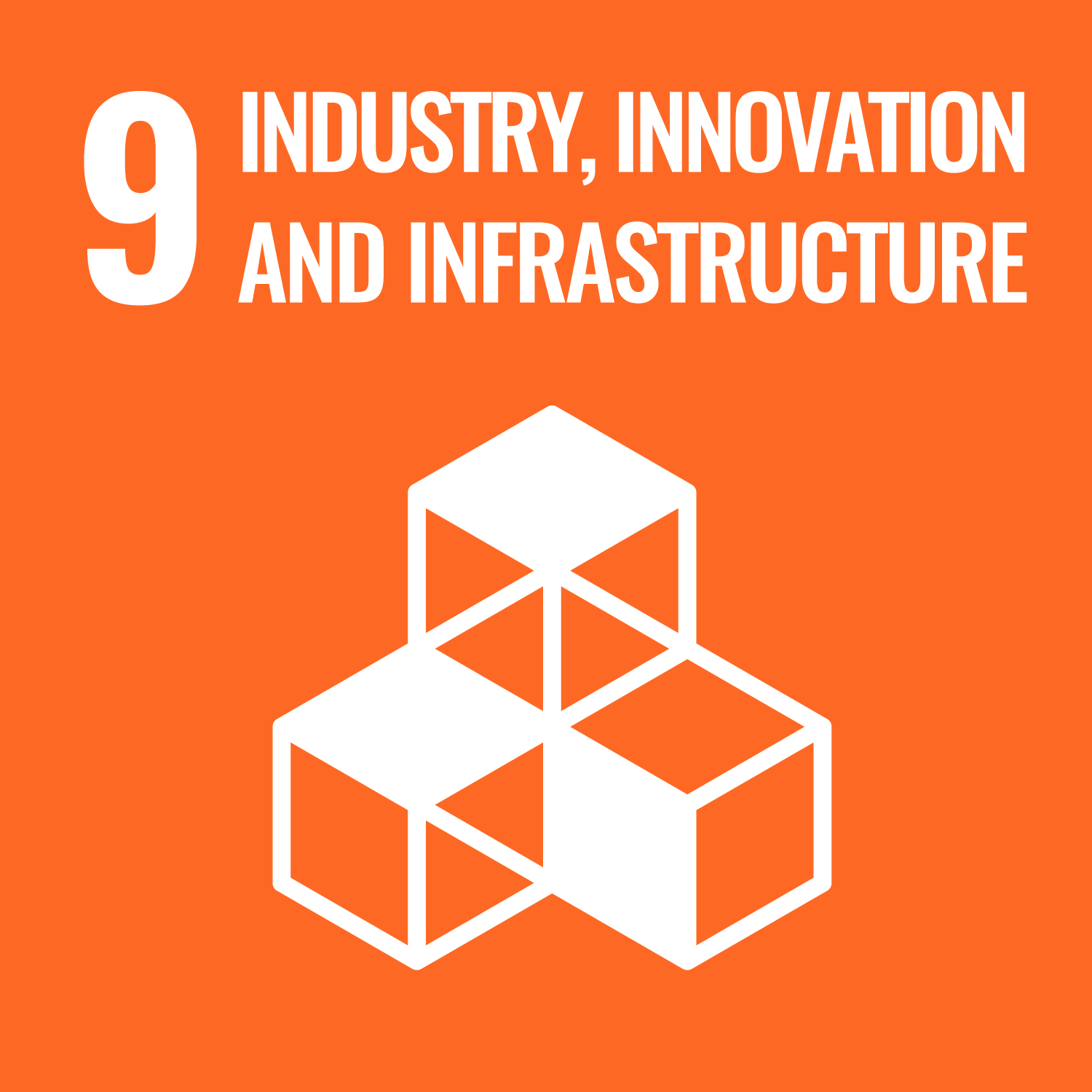SDG Detail
Energy, Policy & Critical Infrastructure
NoneProject description
Energy is a perennial policy issue and political concern for cities, states/provinces and countries around the world. Motivated by the challenges of energy security, economic prosperity and environmental sustainability, politicians and the public are seeking a lower carbon energy future fueled by cleaner, more efficient energy technologies. Changes in energy resources and their attendant critical infrastructures bring changes in economic, political and social power and the energy transition currently sweeping the globe brings with it the disruptive forces that are unsettling vested economic interests, extant political alliances and individual and institutional habits. This course will examine the current energy transition through the multiple lenses of economic prosperity, political stability, and critical infrastructure. The course will provide the student a thorough understanding of the various dimensions of the energy-socio-political dynamic as well as the skills necessary to critically evaluate domestic and international policy debates surrounding our energy technology choices and the critical infrastructure networks the form around our energy choices.
Project aims
?
Project outcome
?
Related SDGs
The corresponding sustainable development goals correlated with this project. You you click the icon to link to SDG category description page.











